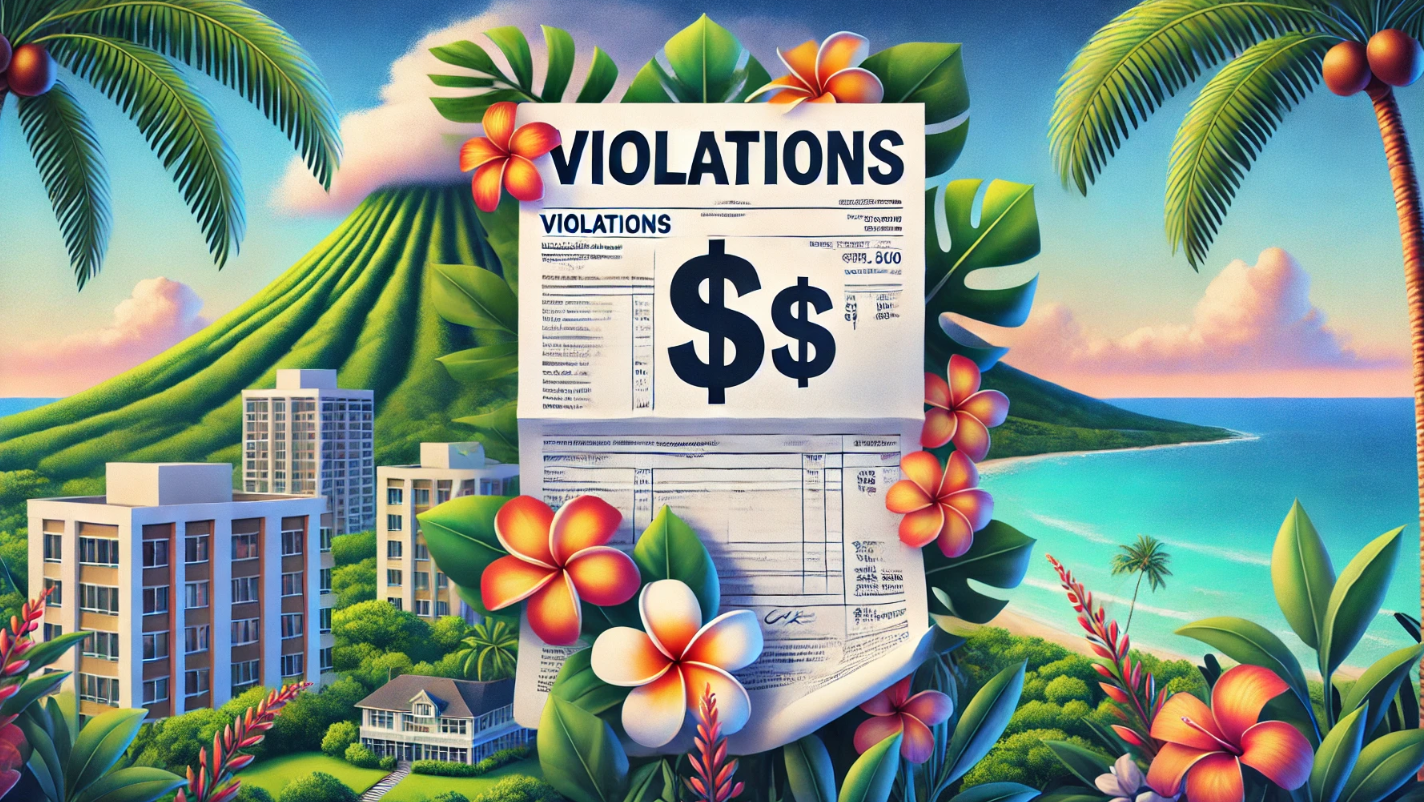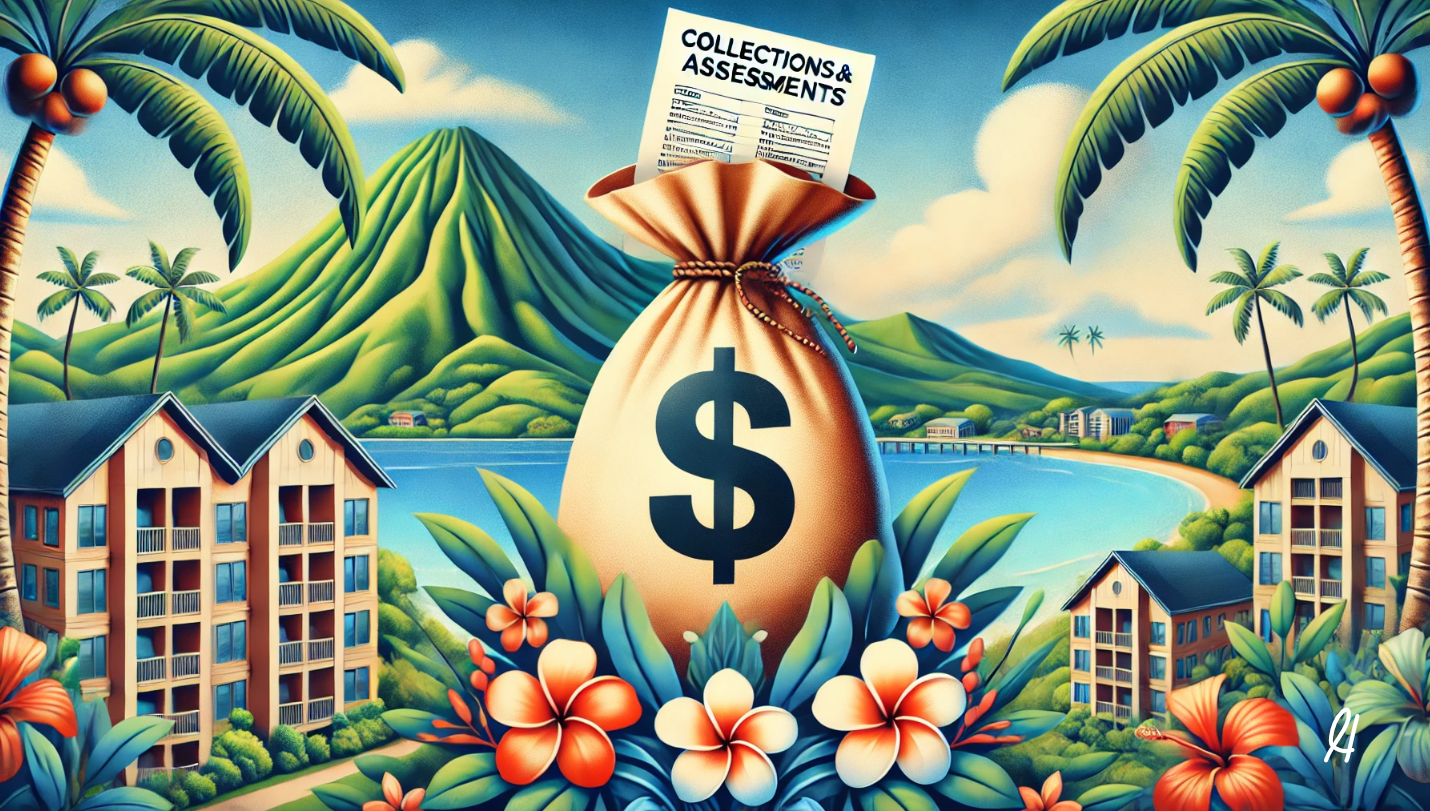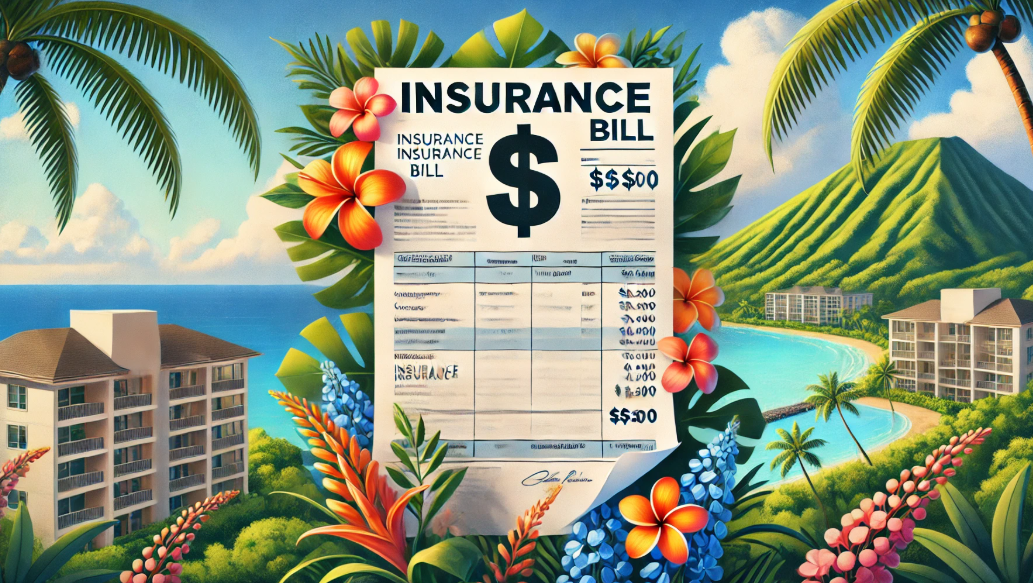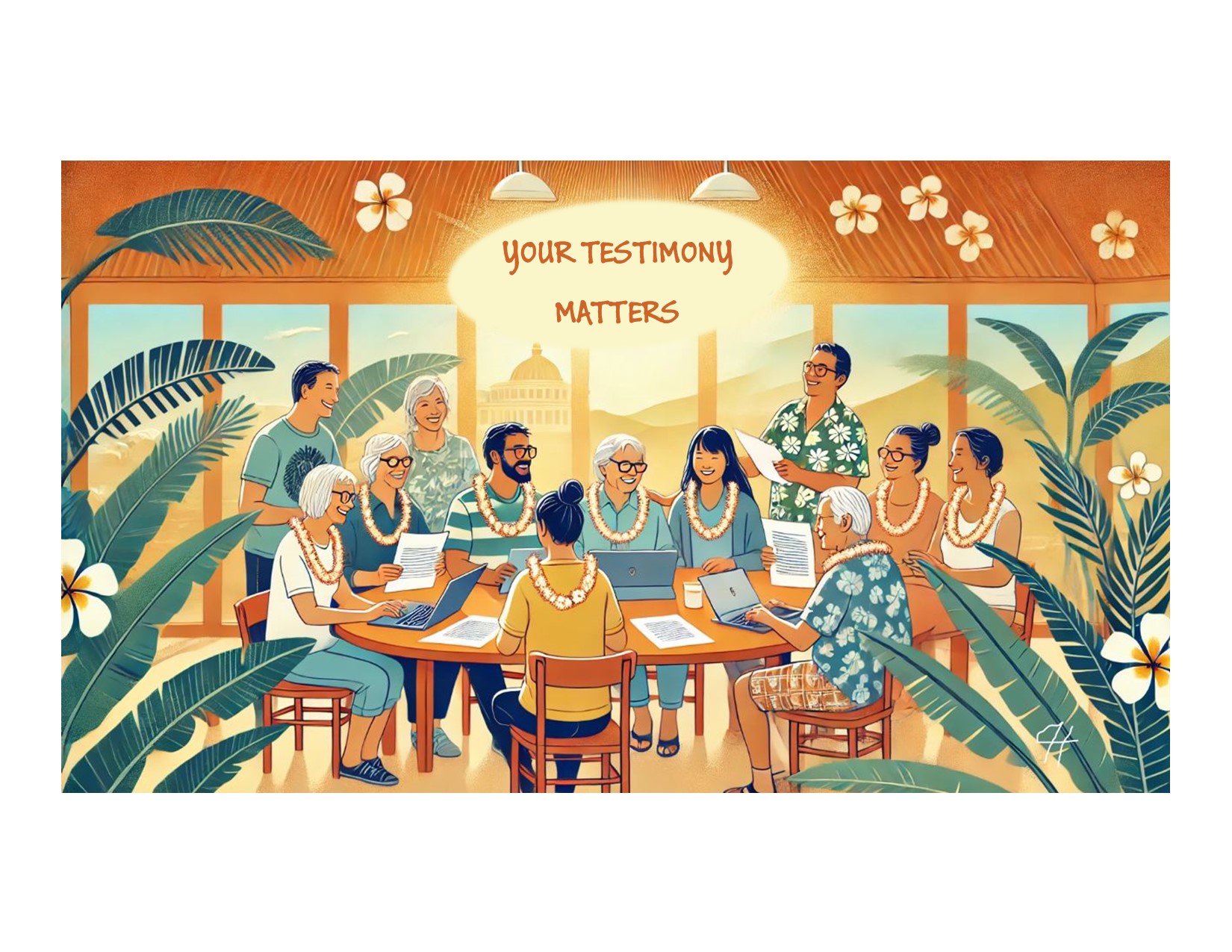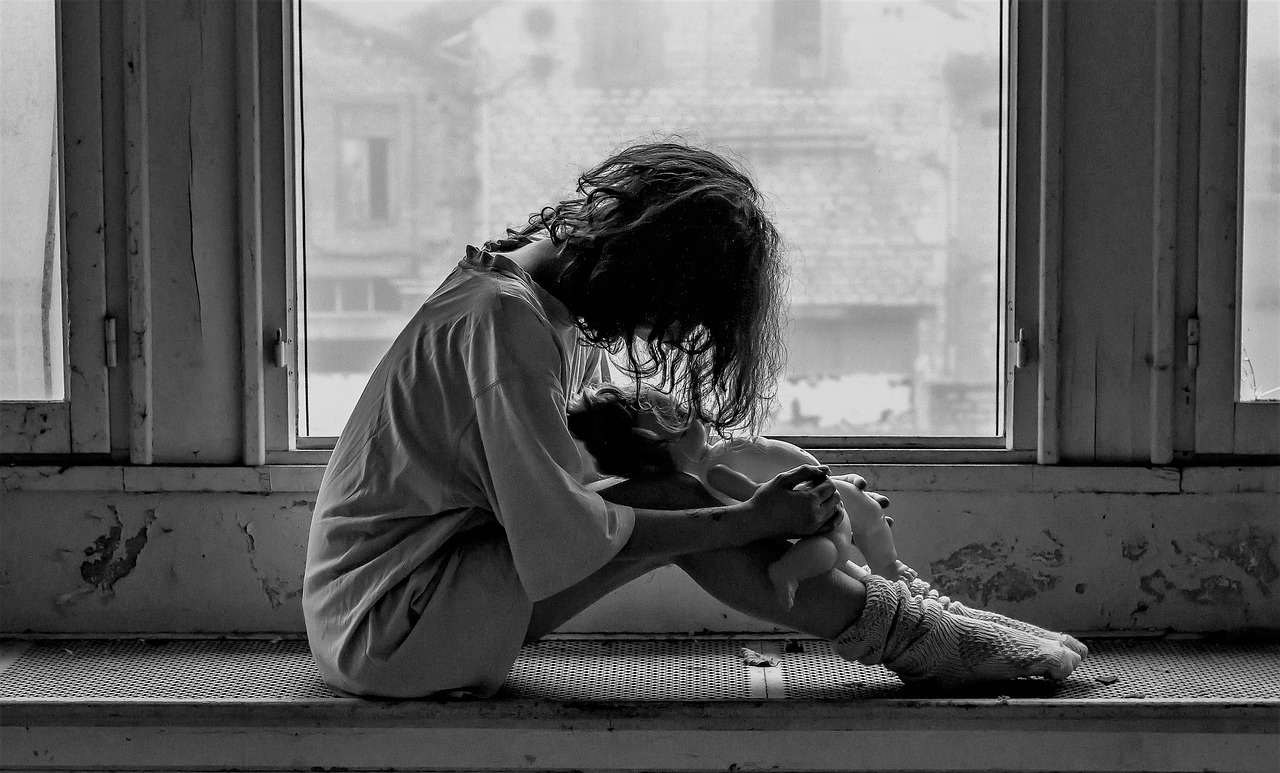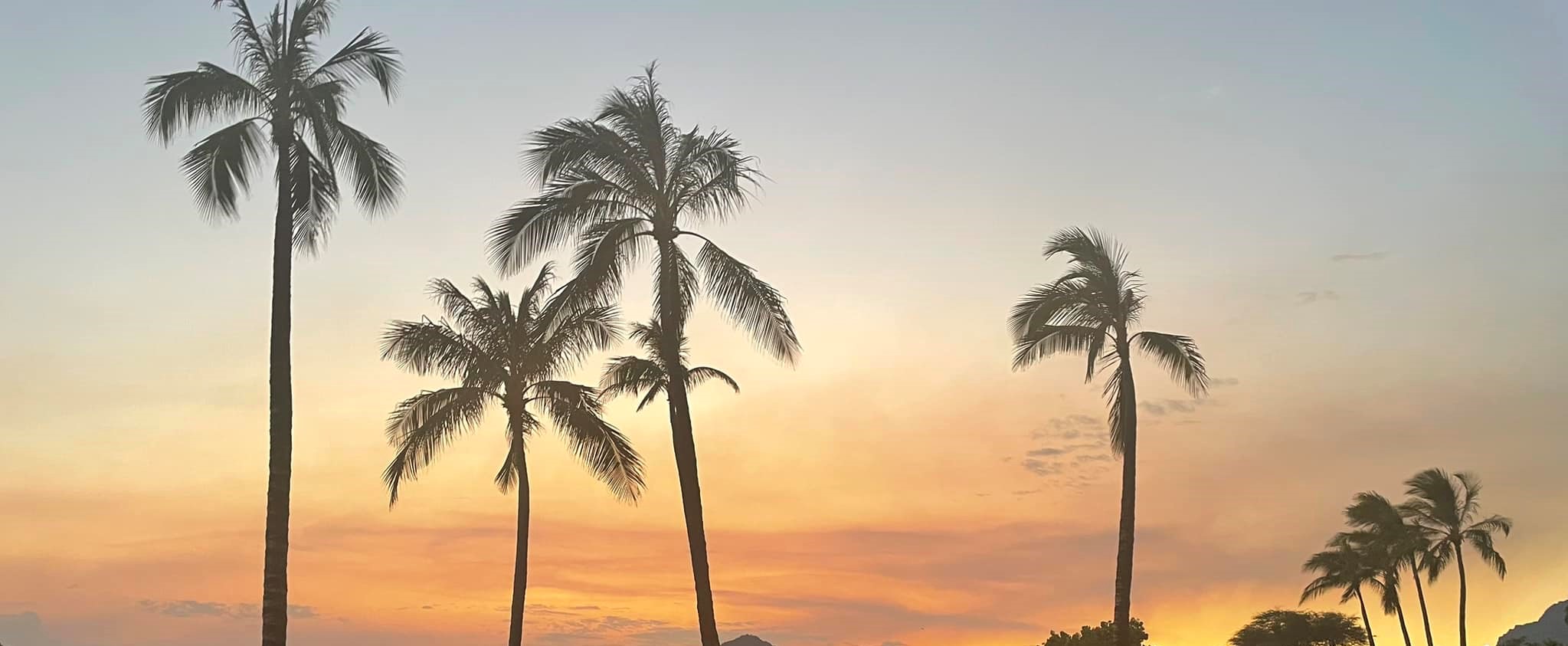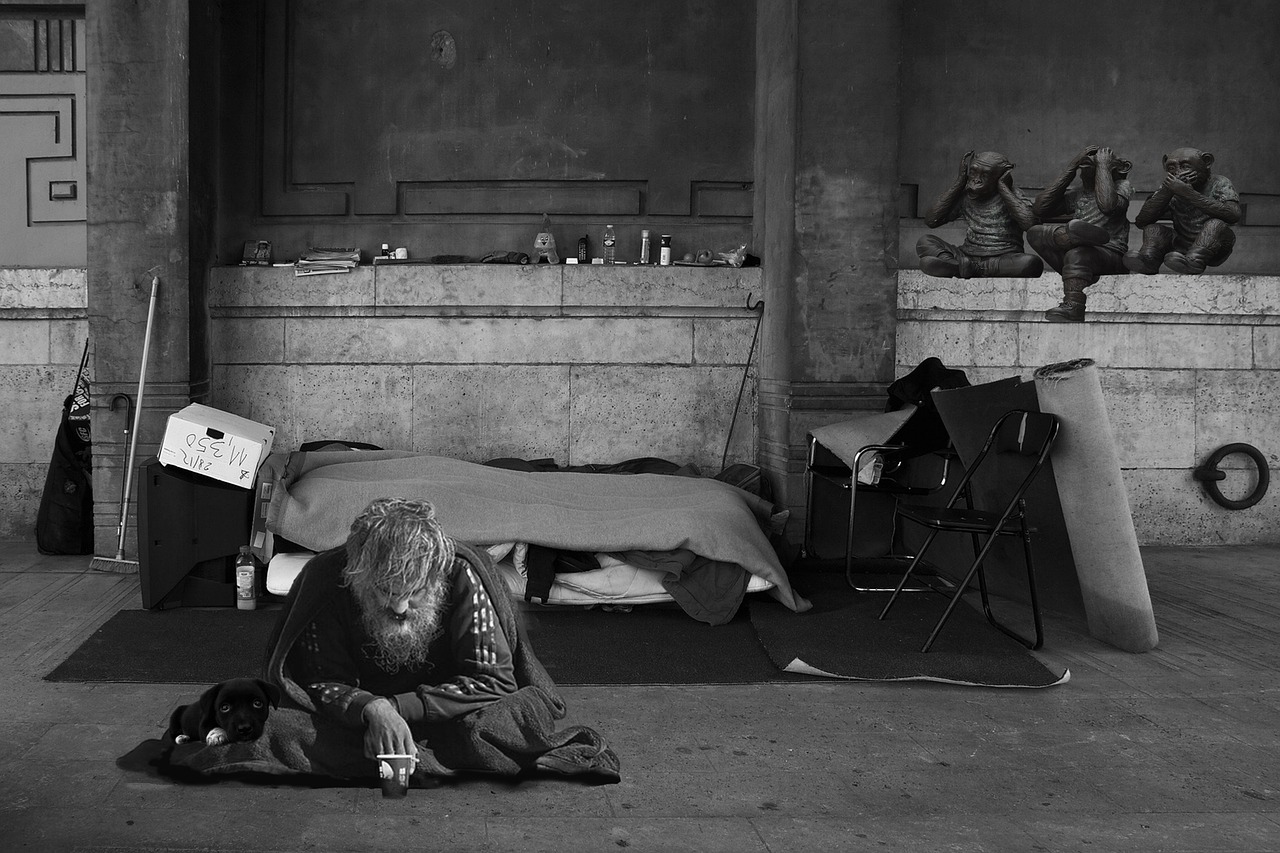Addiction is a serious problem that affects millions of people around the world. It can cause a variety of physical, mental, and emotional health problems, and it can also lead to financial and legal issues. However, with the right resources, support, and treatment, addiction can be overcome. In Oahu, Hawaii, there are many addiction resources available to help individuals overcome addiction and lead a healthier, happier life.
You Are Not Alone
Drug addiction is a significant public health issue that affects many people in Oahu, Hawaii. From alcohol to methamphetamine, various substances have become the most commonly used among Oahu residents. The high prevalence of substance use disorders is concerning and requires effective prevention and treatment programs.
By the Numbers
The following addiction statistics demonstrate the need for support and treatment for all those affected by addiction.
- According to a 2019 report by the Hawaii State Department of Health, approximately 1 in 9 adults in Hawaii (11%) reported having a substance use disorder in the past year.
- In 2019, there were 150 drug overdose deaths in Hawaii, which represents a rate of 10.6 deaths per 100,000 population.
- The most commonly used substances among Oahu residents seeking treatment in 2018 were alcohol (51%) and methamphetamine (38%), according to the Hawaii Substance Abuse Treatment Needs Assessment.
- The Honolulu Police Department reported a 29% increase in drug-related arrests in the first quarter of 2021 compared to the same period in 2020.
- In a survey of Oahu high school students conducted in 2019, 25% reported using marijuana in the past 30 days and 6% reported using prescription drugs without a prescription.
Links to the statistics mentioned are at the bottom of this page for your reference.
It’s important to note that addiction statistics can vary based on the data source, timeframe, and population studied. These statistics highlight the prevalence of substance use disorders and drug-related issues among Oahu residents and the need for effective prevention and treatment programs.
Resources
Whether you or a loved one are seeking help for addiction, this list can serve as a starting point to find the right resources for your unique needs.
- The Bobby Benson Center – The Bobby Benson Center is located in Kahuku, Oahu, and offers residential and outpatient addiction treatment for adolescents ages 13-17. The center offers individual and group counseling, education on drug and alcohol abuse, and life skills training. They also provide recreational activities such as surfing, hiking, and beach trips.
- The Salvation Army Addiction Treatment Services – The Salvation Army Addiction Treatment Services offers a variety of addiction treatment programs in Honolulu, Oahu. They provide detox, residential treatment, outpatient treatment, and aftercare. The facility offers evidence-based treatments such as individual and group counseling, cognitive-behavioral therapy, and family therapy.
- Habilitat – Habilitat is a long-term residential addiction treatment facility located in Kaneohe, Oahu. The program typically lasts 2-3 years and includes vocational training, life skills training, and education. The facility offers evidence-based treatments such as cognitive-behavioral therapy and trauma therapy, as well as holistic therapies such as yoga, art therapy, and equine therapy.
- The Queen’s Medical Center – The Queen’s Medical Center offers outpatient addiction treatment services in Honolulu, Oahu. They provide individual and group counseling, cognitive-behavioral therapy, and medication-assisted treatment. The facility also offers a family program, which provides education and support for family members of individuals struggling with addiction.
- The Waianae Coast Comprehensive Health Center – The Waianae Coast Comprehensive Health Center is a community health center located in Waianae, Oahu. They offer outpatient addiction treatment services, including individual and group counseling, cognitive-behavioral therapy, and medication-assisted treatment. The center also offers support groups for individuals in recovery.
- The YMCA of Honolulu – The YMCA of Honolulu offers outpatient addiction treatment services in Honolulu, Oahu. They provide individual and group counseling, cognitive-behavioral therapy, and education on addiction and recovery. The center also offers a fitness program, which can help individuals in recovery improve their physical health and wellbeing.
Reach Out
From residential treatment facilities to outpatient programs, there are a variety of options for individuals struggling with addiction. These resources offer evidence-based treatments as well as holistic therapies that can help individuals overcome addiction and lead a healthier, happier life. Please reach out if you need help getting treatment.
The Hawaii Department of Health provides a statewide 24/7 substance abuse and mental health hotline that can connect individuals struggling with addiction to resources and support. The hotline is available in multiple languages and is confidential. Call (800) 753-6879
Additionally, the Honolulu-based organization, the Alcohol and Drug Abuse Division (ADAD), provides information and referral services to individuals seeking addiction treatment on Oahu. Call (808) 586-4400
If you need help in other areas check out our resources for Mental Health support.
References
- Hawaii State Department of Health. (2019). Hawaii Substance Abuse and Mental Health Data Archive: Hawaii Behavioral Risk Factor Surveillance System (BRFSS) Substance Use Module 2017-2018.
- National Institute on Drug Abuse. (2021). Hawaii Opioid Summary.
- Hawaii Substance Abuse Treatment Needs Assessment. (2018). Substance Abuse Treatment Needs Assessment: Statewide Report.
- Honolulu Police Department. (2021). HPD First Quarter Drug Arrests Increase 29% Compared to Same Period Last Year.
- Hawaii Department of Health. (2020). Hawaii Youth Risk Behavior Survey 2019.
These sources provide detailed information on the prevalence of substance use disorders, drug-related deaths, and drug use among Oahu residents.




